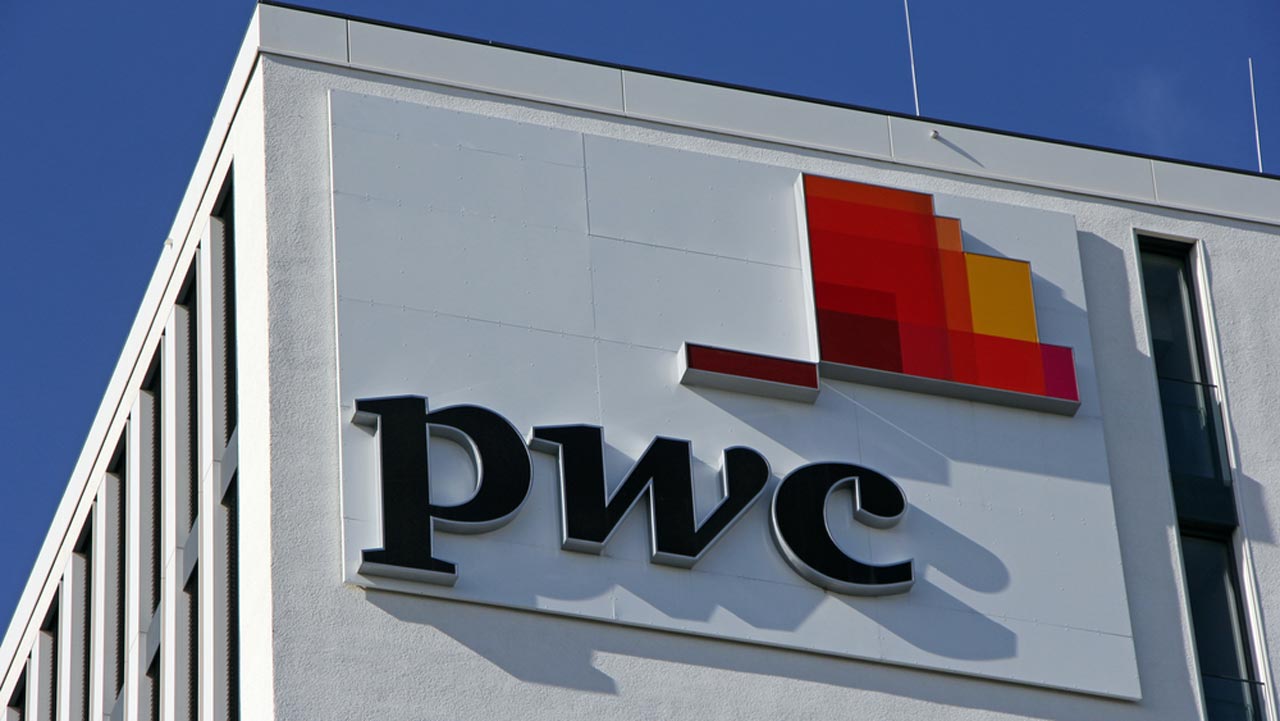Development economists have started reacting to the recent report by the Central Bank of Nigeria (CBN), that Nigeria’s external reserve is rising and has all it takes to jump further before the end of the year.
It would be recalled that it rose by $1.91bn in the first two weeks of this month to stand at $36.86bn as of December 14, up from $34.95 as of November 30.
According to Dr. Ken Igboanugo, some economic indices in Nigeria have the character of foiling globally established trends.
He said “Under normal circumstance, whenever a nation’s foreign reserves are going up, foreign direct investors need no calls to come in. but here the trend is not the same.
On why the trend is not salutary to Nigeria’s economy, Igboanugo argued that “The speed of rising foreign reserves is not matched with rising business enabling infrastructures for even local investors and not to talk about international.
“If you watch closely, you will notice that all the noise on growing investors are all about portfolio investors and you know, no economy plans its future with influx of portfolio investors because they are coming to stay rather they are only moving their money here and there looking for where to milk quick money and breeze away,” Dr. Igboanugo averred.
In her argument, Mrs. Melvin Okiro, a financial expert based in Abuja told our correspondent that “Why foreign investors are not following the trend of Nigeria’s foreign reserves is because the money that is building up the pool is just coming from one source and does not represent aggregate boom in general economic activities”.
“I think, the CBN should be bold to tell Nigerians the truth and not just being economical with words because not only foreign investors, but even some Nigerian investors do need real data to plan their investment.
Okiro made it clear that “The kind of rise in foreign reserves that drives foreign direct investments (FDI) are not those that caused by just rising global oil prices, but boom in non-oil sector”.
Already, analysts at FBNQuest said in their economic outlook for the fourth quarter that “Gross external reserves, which include the balance in the excess crude account, stood at $34.95bn at end-November. Accumulation has averaged $850m over the past 12 months. When we consider the sharp fall in imports due to the recession, the buffer is now comfortable. We should add that the figures provided by the CBN are gross and mask the swap transactions it has entered into with banks.”
According to them, the CBN’s launch of multiple currency practices in late March had seen an increase in reserves of $4.65bn, adding that it had transformed forex availability from its own resources and at the same time attracted inflows on a scale to allow accumulation.
“The inflows are not all autonomous portfolio monies. The FGN’s Eurobond sales are an obvious exception. There has also been the boost to the NNPC’s oil exports from the firmer crude price and the rise in production. The corporation’s own data has average output increasing from 1.69 million bpd in Q1 2017 to 1.87 million bpd in Q2 and 2.03 million bpd in Q3.
“Gross reserves are heading for $40bn, which was last achieved in February 2014. The FGN has raised $4.5bn from Eurobond sales this year and $300m from its first Diaspora bond. The main impact of November’s Eurobond receipts of $3bn will be felt in the December reserves,” experts at FBNQuest noted in their latest outlook.









